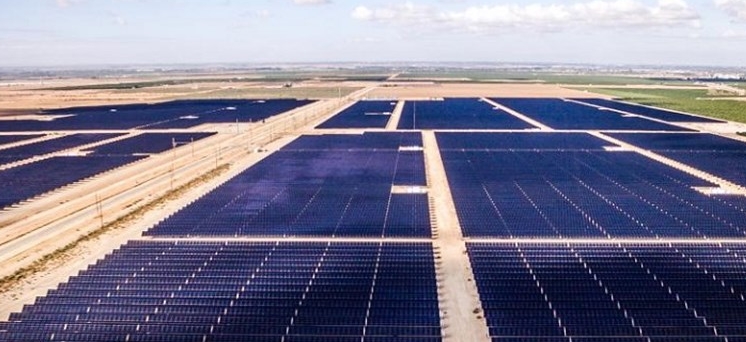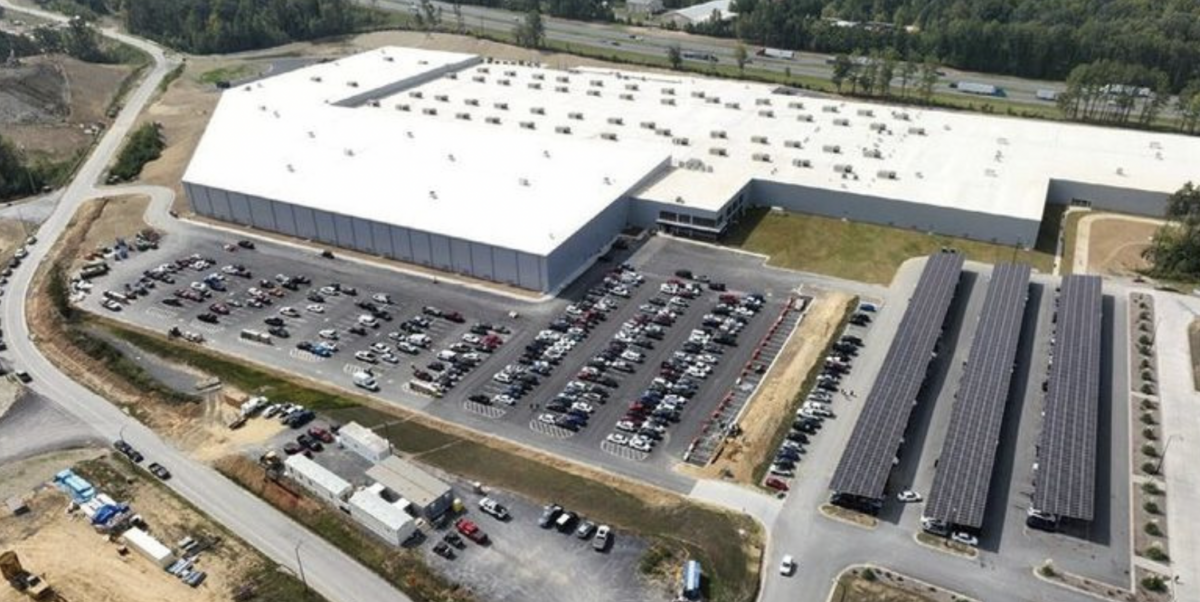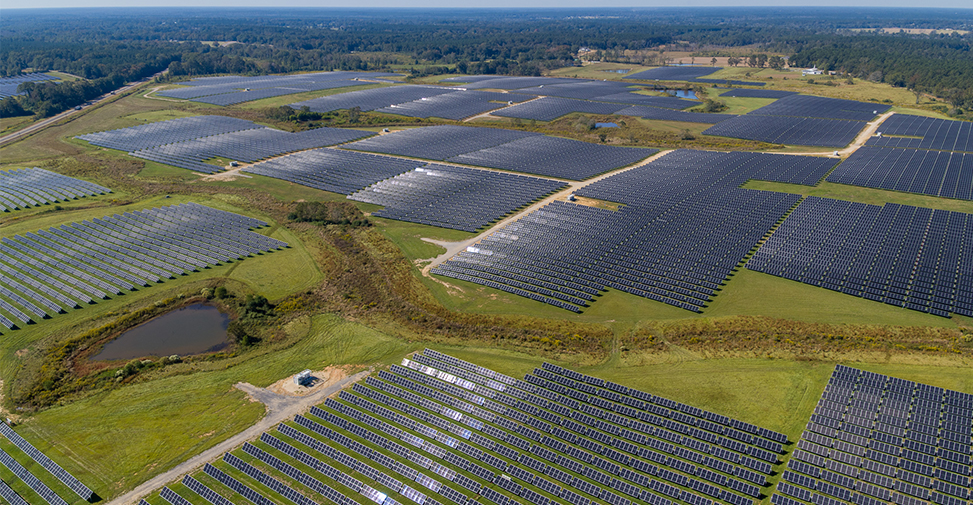In 2019, old mastodons like Intel, Airbus, Samsung, Goldman Sachs, Alliance, and Accel entered the e-mobility space as financial investors. And “beloved tech companies” like Google, Baidu, Tencent, and many others have become strategic EV investors themselves. The world is upside down and a new reality has appeared on the horizon.
Release Global e-Mobility Funding Report Q4 2019
EVBoosters, a Dutch-based e-mobility market and investment research firm estimated, in cooperation with analyst company Venture IQ, that a total of 240 companies raised up to $17 billion in 2019.
This information was released via the quarterly e-Mobility Funding Report and is available for free. The report shows almost all global funding and acquisition activities in the EV ecosystem.
They gathered this information via Crunchbase, Pitchbook, and their extensive network of EV companies across the globe.
A total of $11.9 billion was raised based on 164 traceable transactions, with an average value per transaction of $72 million. 76 companies didn’t disclose any financial details. Based on these numbers, EV market experts projected that all EV-related companies raised a total of $15 billion, or up to $17 billion.
Paul Jan Jacobs, Founder of EVBoosters, expects that EV companies worldwide will raise even more than $20 billion in 2020. EV adoption is on the rise, money is rather cheap, tech companies are less popular, and large investors are forced by their stakeholders to push electric mobility instead of fossil-driven industries.
Fundraising is a continuous process for most EV startups and scaleups
At present, the most successful e-mobility startups are mentioned in nearly every quarterly EV Funding Report, raising ever more money as time marches on. In a presentation, 2 of the 5 Tesla founders — Martin Eberhard and Marc Tarpenning — described how they went back to the fundraising beat repeatedly to get more money for the next goal. This happened after every successful step at Tesla, like finding a factory, finishing a design goal, and having a successful test run.
German EV companies intensify funding rounds to keep up pace
The most e-mobility companies seeking financing in Q4 2019 were situated in the USA. Germany is finally joining India and China in the top level behind the most active market. The number of fundraising rounds grew from 4 to 12 in Europe’s car-industry center, with companies like Compleo, eliso and Blue Inductive (charging station OEM) and CleverShuttle (shared electric mobility) being most successful. As one of the biggest moves, ChargeIT (a charge point operator) was 100% acquired by Eneco eMobility to strengthen its position on the German EV market.
45% of all global transactions were related to electric vehicle manufacturers
The sector with the highest number of fundraisers was again the EV manufacturer sector. As was also the case in the previous three quarters.
The most active scaleup in 2019 is without any doubt Rivian, this year collecting a total of $2.9 billion. Production will start later in 2020, with deliveries in 2021. One of those customers awaiting delivery in 2021 is Amazon, which ordered 100,000 delivery vans based on the Rivian platform. With such an order, survival of the first phase as a real, production company is very likely.
Another recurring name is Bird, the electric scooter rental company. In Q4 it raised another $275 million, and in Q1 it will be present as the buyer of German rival Circ while also raising $75 million in extra pocket money. Bird is facing the double challenge of growing fast while increasing efficiency. Together with Circ, Bird has better opportunities to make it easier for cities to manage micro-mobility programs.
The rising star this quarter is Sono Motors. The goals of the company (affordable and sustainable) came into conflict with the goals of its investors (fast growth and profit maximization). To resolve this situation, Sono Motors switched to a crowdfunding model, using the deposits of its reservation holders as company capital. In January, the crowdfunding campaign ended, surpassing the goal of €50 million with €3 million.
It all starts with battery production capacity to drive growth
The key enabling technologies for the adoption of e-mobility are batteries and charging infrastructure. The most frequent problem for EV makers is “No Batteries.” They did not order in time, did not order enough, or did not order from a battery maker that could scale production when demand was higher than anticipated. In some cases, suppliers even accepted orders for more batteries than it could produce.
Seeing EV manufacturers investing in battery makers will improve that situation. Last quarter Daimler increased its stake in Sila Nanotechnologies, a supplier of advanced electrode materials. Toyota is entering in an EV battery joint venture with Panasonic, VW is increasing production in its partnership with Northvolt, and PSA is building two large battery factories using technology from battery maker Saft. This is the switch in focus from carmakers that will enable a more secure supply of this essential part of all fully electric vehicles.







